This post is also available in: 




Welding challenges both the head and the physics, but it is lighter and cleaner than people might think. Three professional welders – Ewa, Sanna and Diana – share their views on why welding is so fascinating.
There are multiple reasons to choose to weld for a living. Three young women, Ewa Jacek from Poland, Sanna Orava from Sweden, and Diana Bagautdinova from Russia, got to know welding by chance, but they all got carried away by the industry.
The technical field caught the attention of Ewa Jacek, 27. She started to study to be an aircraft mechanic and was familiarized with welding during an internship. Now Ewa has been working for 10 years, out of which six years as a structural welder (135 MAG).
“For me as a teenager, a quite high salary was one of the main reasons why I chose welding. Later, when I learned more about this profession, I was attracted to the complexity and difficulty of carrying out the welding process properly, to finally obtain a joint closest to the ideal,” Ewa describes.
Diana Bagautdinova, 22, studied plumbing, air conditioning, and ventilation and planned to become a designer. While learning to weld as a part of her studies, she found out she made excellent weld seams. Now she’s been welding for five years, and the road has taken her through school, winning the WorldSkills championship in Moscow in 2018, and claiming a spot on Russia’s National Welding Team.
For Sanna Orava, 27, the interest in welding started from trying it at school.
“Welding was so much fun! That’s why I got the certificate and I started working in the field,” Sanna says.
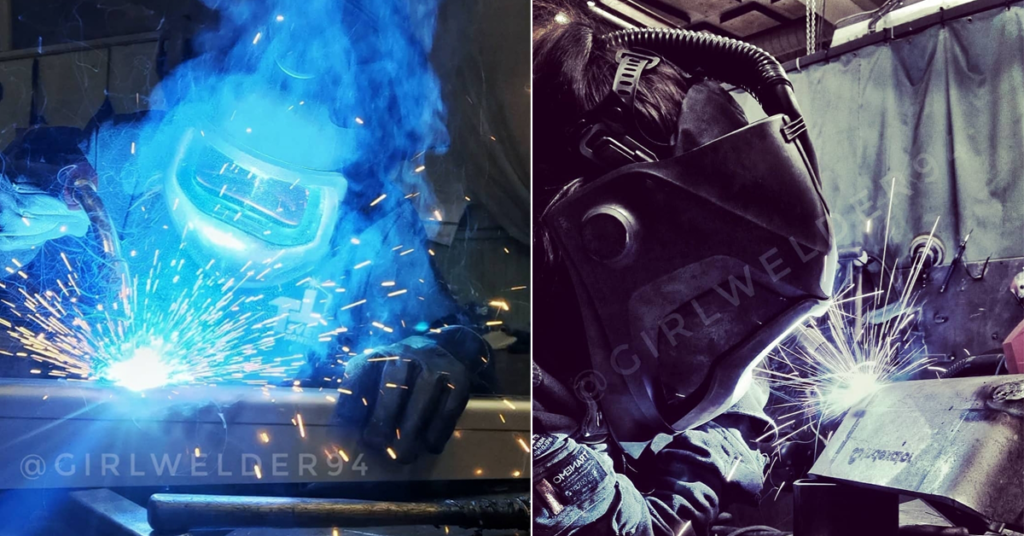
Challenging the welding stereotypes
Both Ewa and Sanna have welding-themed social media accounts, which have helped to meet other people in the industry.
“I was excited that women can leave the framework imposed by society. I want to show that there are no jobs just for men or women, but there is a qualified person for every job if the job is tailored to everyone’s abilities and strengths,” Ewa says and adds that in history, during the phases of rapid industrialization there were more woman welders than there are now. Stereotypes are strong, and the “masculine” world can be difficult to reach at first.
“However, change is happening. It’s a nice phase when the ice melts and the male colleagues start treating you as a peer,” Ewa continues.
Sanna has not encountered any prejudices related to her gender. Sometimes her small size has caused inconvenience, but then she has got help from co-workers. Diana, on the other hand, thanks her teachers and Kemppi Russia for her development, where she was introduced to the details of the equipment and various welding techniques.
Ewa has been welding with Kemppi equipment for four years and is pleased with their versatility, among other things. Sanna also has a clear favorite.
“I love Kemppi’s welding equipment,” Sanna says.
Plenty of career paths for welders
According to Ewa, more in-depth training is needed for the welding industry, at least in Poland, if more skilled welders are needed.
“The welding process is complicated. Great tools make welding easier, but they won’t help if you don’t understand the process and know what you’re doing.”
The demanding nature of welding and various methods fascinates the experts. Sanna still wants to learn everything about everything, and Diana has tried out different welding methods extensively. Ewa has so far decided to deepen her expertise in 135 MAG welding alone.
Next, Ewa plans to do engineering and complete a master’s degree. She has already been promoted to Quality Controller at her workplace. She has VT-1 and VT-2 visual inspection qualifications, and she intends to continue as a welder.
“If you are interested in acquiring good knowledge and welding skills, there are a lot of professional opportunities. For example, you can start in production and move on, become an entrepreneur or a teacher. There are many paths in the industry,” Ewa encourages newcomers to join the industry.
“Yes, welding is not only hard work, but it is also well paid and fun. It is possible to develop and acquire a lot of information and know-how,” Sanna adds.
EuroSkills is a vocational skills competition for young people up to the age of 25. Selected representatives from countries across Europe compete for the European championship in more than 40 different skills at the event. For the first time in the competition’s history, EuroSkills will be organized in Austria from 22-26 September 2021.






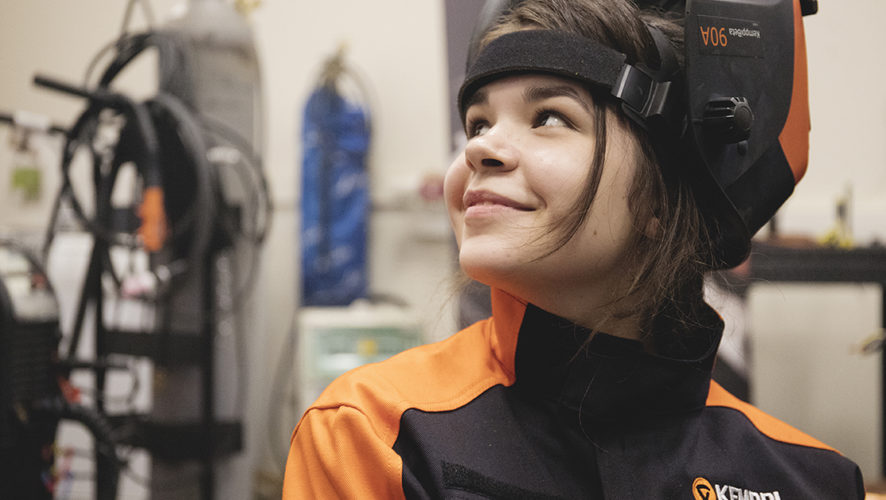
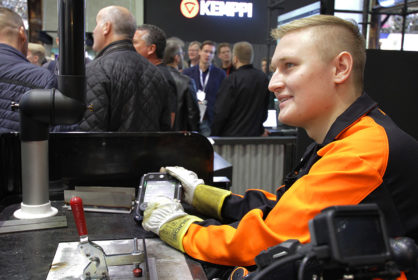
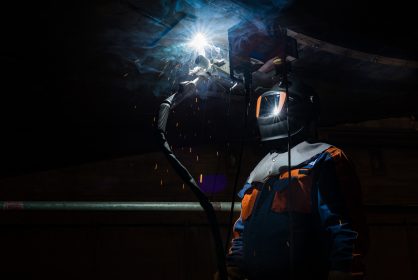
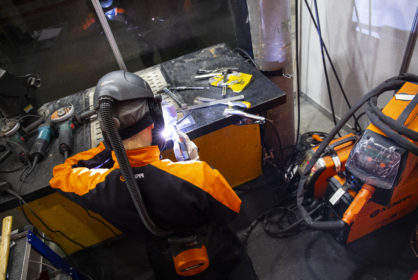
Good